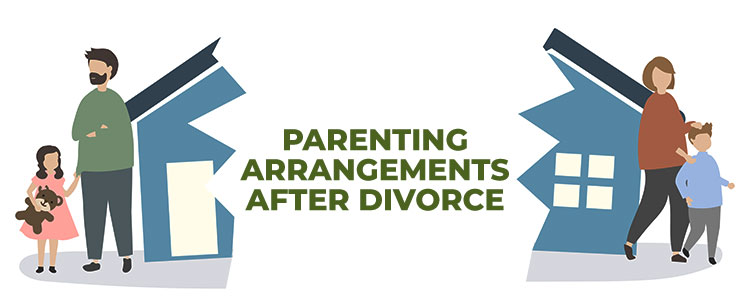Vanessa Mathews recently trained as a ‘Parenting Coordinator’ as an additional dispute resolution service offering.
Parenting Coordination is a post-separation child-focused dispute resolution process.

Parenting Coordination is suitable for separated parents who:
- Continue to have high levels of dispute regarding their children after the making of a Parenting Plan or Family Court Order (interim and final)
- Are transitioning from adversarial parenting to co-parenting
- Engage their children to express their dispute
- Experience difficulty with relationships
- Are at risk of:
- Not complying with the Parenting Plan or Family Court Order (interim and final)
- Returning to the Family Court to re-litigate their dispute.
Parenting Coordination may assist separated parents who are experiencing difficulty:
- Co-parenting their children
- Making joint decisions about their children
- Communicating effectively with each other
- Implementing their Parenting Plan or Family Court Order (interim and final)
- Complying with their Parenting Plan or Family Court Order (interim and final).
A Parenting Coordinator may be jointly appointed by the parents or a Family Court Order.
A Parenting Coordinator is usually appointed for 24 months with monthly joint meetings.
The purpose and role of the Parenting Coordinator are defined within the Parenting Plan or Family Court Order.
A Parenting Coordinator assists parents by:
- Facilizing the resolution of their disputes in a timely manner
- Reducing conflict between parents so as to protect the children from exposure to conflict
- Educating parents about their children’s needs
- Making recommendations for resolving disputes
- Case management.
Parenting Coordination is non-confidential and fully reportable to the Family Court.
Safety concerns are addressed during Parenting Coordination.
If you would like to know more about Parenting Coordination or have a client whom you believe may benefit from Parenting Coordinator, please contact Vanessa on 1300 635 529 or [email protected]
















